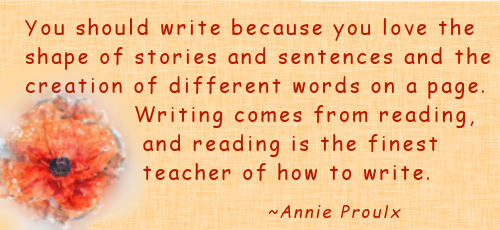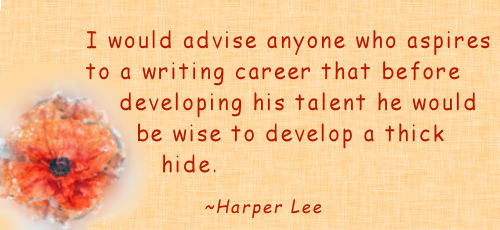Contest Tips
 Hello, Winnie Griggs here. Today I wanted to do a little "Back To Basics" post and talk about writing contests.
Hello, Winnie Griggs here. Today I wanted to do a little "Back To Basics" post and talk about writing contests.All right, I’ll admit it. I’m a recovering contest junkie. In the long years before I made that first sale, I entered dozens and dozens of them. Now that I’m published, I’ve tried to repay not only the entrants but also all those wonderful, harried contest coordinators by volunteering to judge when I can.
And as you know, the same things that make a full length novel great, make for a great entry as well.
First, you want to show a clear understanding of the CRAFT of writingCheck, double-check and then triple check your grammar and spelling. Errors in this department may signal to the judge that you just don’t care. And yes I know you can probably point me to dozens of examples in published books that have these kinds of errors, but there are few judges who will give you a pass on this, especially if there are more than one or two errors and/or it’s one of the scoring items.Make it engaging. Your dialog should be conversational and immediate, your narrative on point and pertinent to your scene and your characters recognizable, necessary to the story, and distinct from each other. In addition the story stakes should be clear and something the reader will care about. The last thing you want is for the reader to shrug and think “so what?”.

Next, you want to make sure you follow the rules.
All contests have a set of guidelines the entrants are to follow. These are mostly designed to give the entries a uniform feel and to make the job easier for the over-worked, under-appreciate, VOLUNTEER contest coordinators. And it’s also good practice for when you want to submit to a publisher. So make sure you have thoroughly read and understand the contest rules and that you follow them to a T. Don’t expect the harried contest coordinator to make allowances for you.
And as a judge, I find nothing more heartbreaking than discovering a manuscript I absolutely love, yet have to score in the medium to low range because of the framework of the judging criteria. What makes this especially frustrating for me as a judge is that, in many cases, the entrant could have anticipated this problem and taken steps to mitigate it with just a little extra effort.
How, you ask? By taking the following two steps:
Obtain a copy of the scoresheet the judges will be using.
Depending on the contest, this task may vary from simple to nearly impossible. Some contests have the scoresheet included on their website and/or with their printed guidelines. If not, ask the contest coordinator for a copy. If all else fails, try to find someone who entered in a prior year to see if they will share a copy with you. (Though this is a bit iffier, since contests occasionally revise their scoresheets from one year to the next).
Once you get hold of the scoresheet, then what?
Pay close attention to the areas in which the manuscript will be judged, and the relative weight given to each. These will differ greatly from contest to contest. For example, if the relationship between the h/h is a large part of the score, and your h/h don’t meet within the pages of your entry, this may not be the contest for you.Take full advantage of the page count allotted to you.
If a contest has as its guidelines that your entry is to consist of ‘a first chapter, not to exceed 25 pages’, then take a close look at your first chapter. Again, use this in combination with the scoresheet. Let’s take our above example, where the h/h relationship is a strong scoring element. Now, maybe that relationship is not evident in your first chapter. But your first chapter is only 15 pages long. Suppose you changed that chapter break to a scene break and included the next 8-10 pages in your first chapter. Would it now contain the missing element to give the judge something to work with?
Ah, but suppose you need to pull in the next 12 pages to not only round out your scene but to also give you a really breathtaking ending hook? What now? Well, review those 27 pages closely. Are there scenes or even paragraphs whose purpose is to foreshadow or set up something that will happen later in the story, but can be lifted out and not be missed in the context of this entry? Then by all means, lift them out. It may surprise you how easy it is to whittle out the extra two pages when you view your opening in this narrower context.
CAUTION: Longer is not necessarily better. If the 15 pages of your first chapter hit all the points it needs to, than stop there. The contest judge will thank you for not taking up any more of her/his time than necessary.

And speaking of thanks, there’s one final point I want to make.
No matter if you agree with the feedback you received or not, you should always take a moment to write a gracious thank you note to your judges. No matter what score they awarded you, they took hours out of their own writing schedule to read your entry and give you their feedback. If the feedback was particularly scathing, you may want to take a day or two to deal with it emotionally, mentally thank them for thickening your skin and then write a note thanking them for their time.
There you have it. A few simple tips, but they can make all the difference in the score your entry receives.
Best of luck and above all, believe in yourself!

Do you have any other tips or thoughts on this subject? Leave a comment to be entered for your chance to receive your choice of any book from my backlist.
You can find a list of those titles HERE.
Published on March 19, 2020 21:30
No comments have been added yet.



